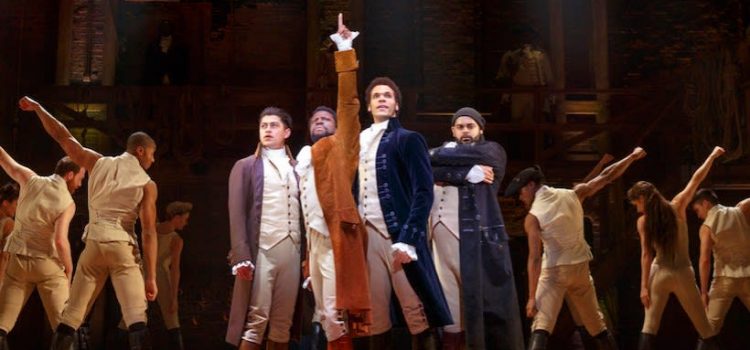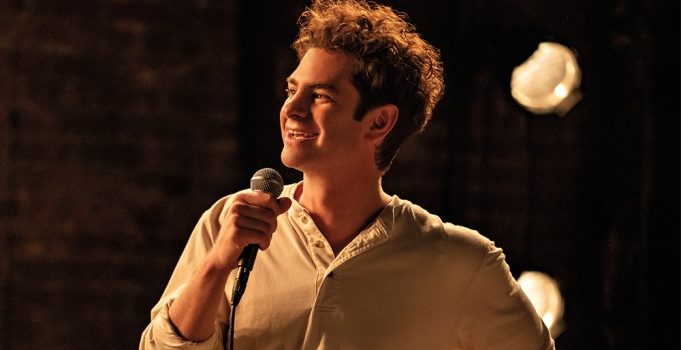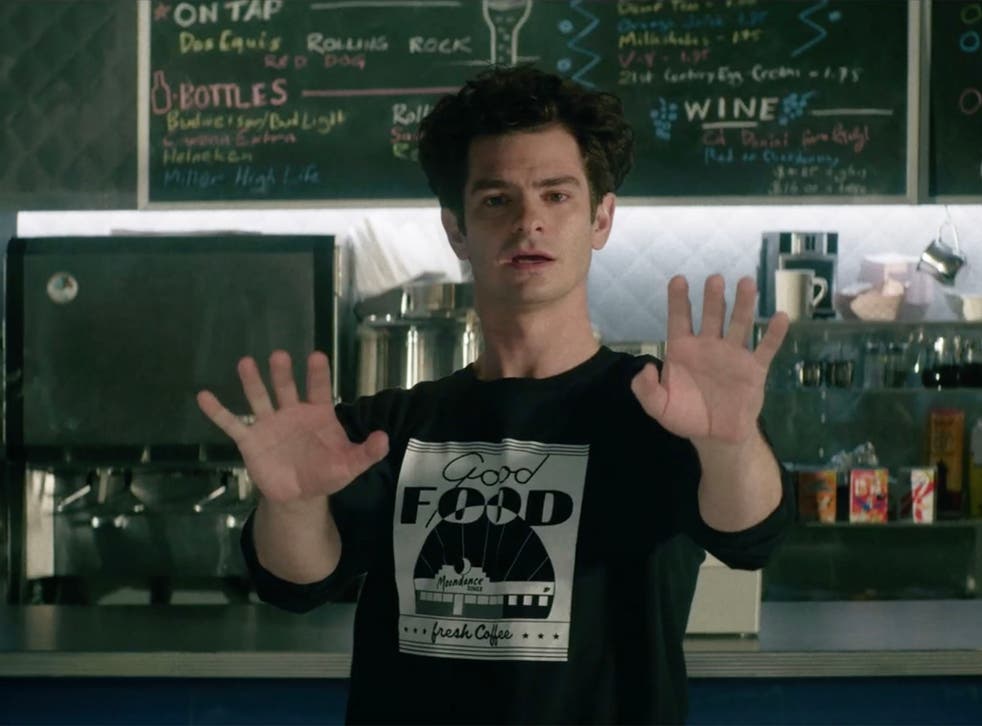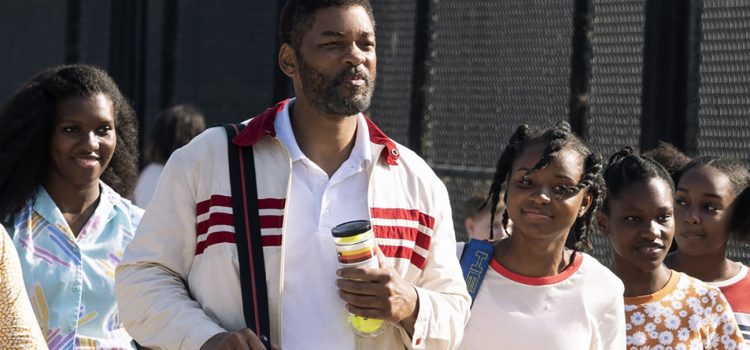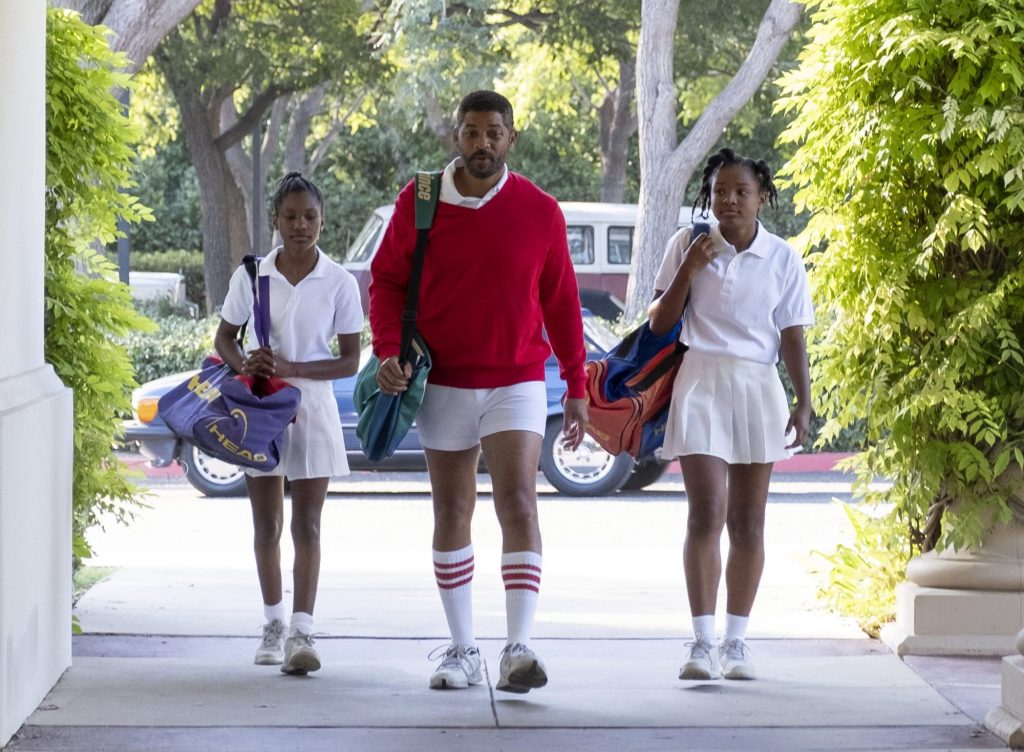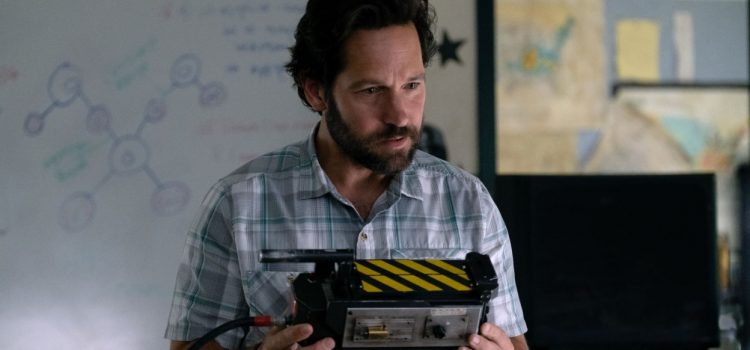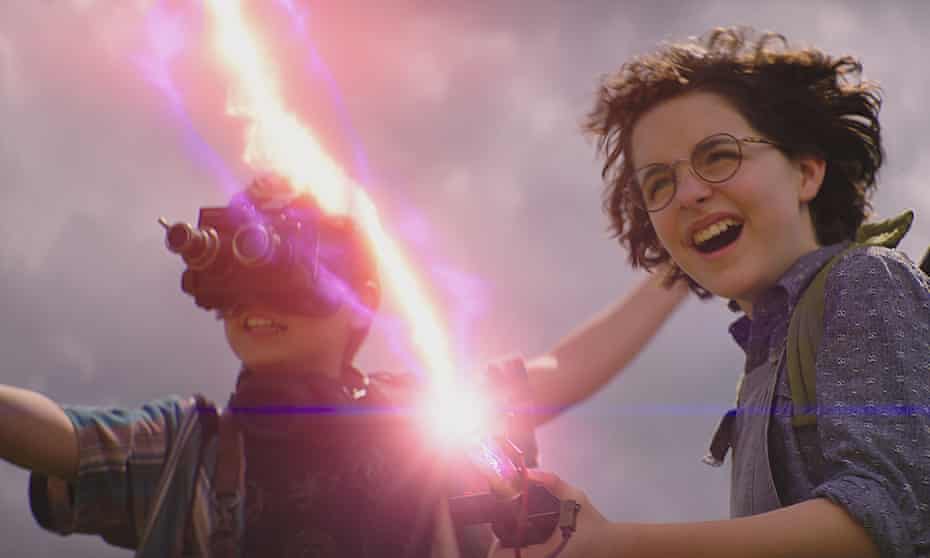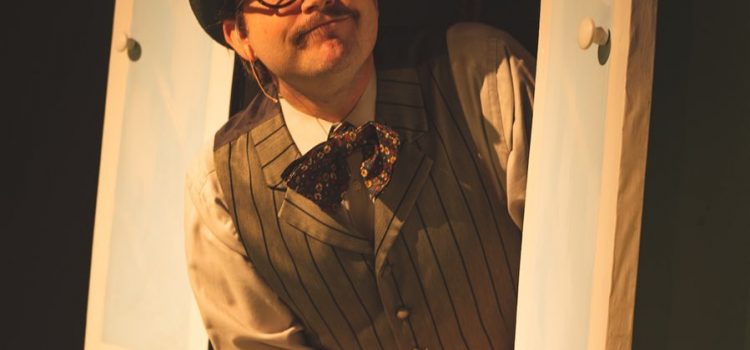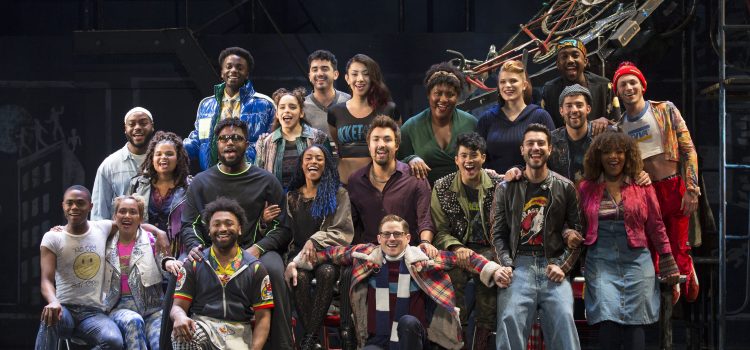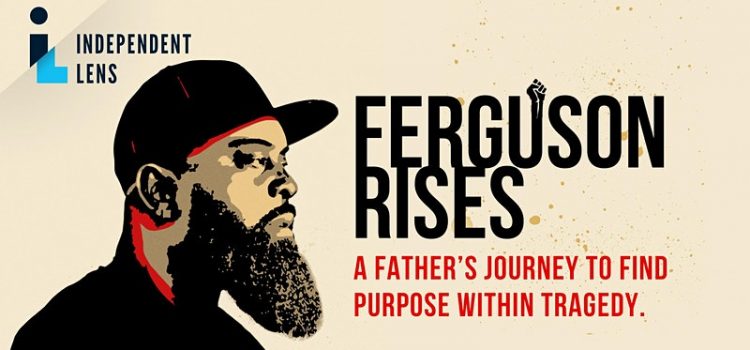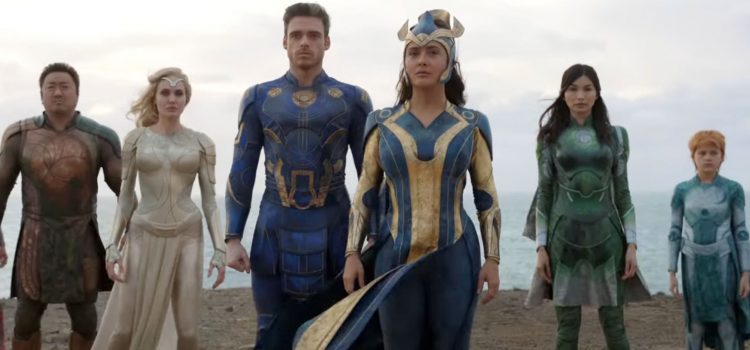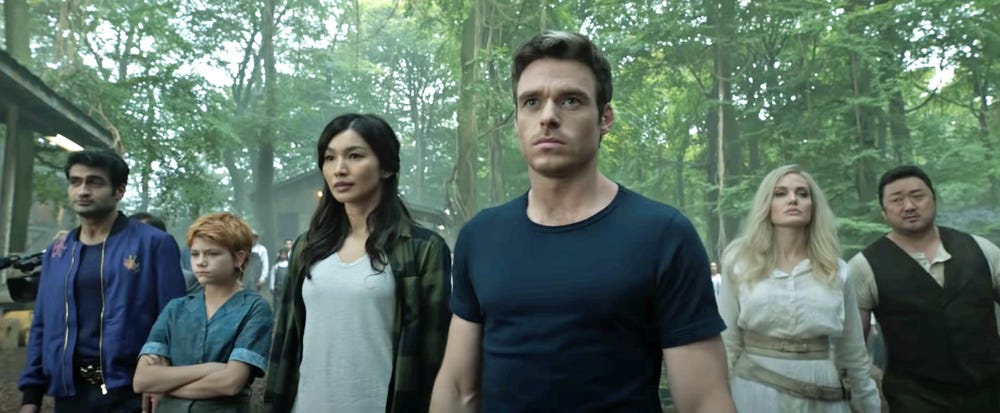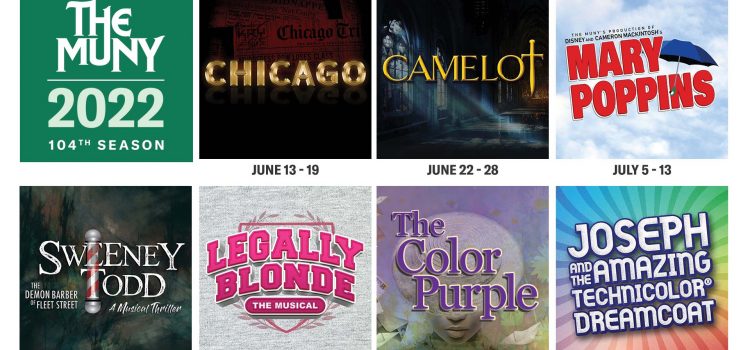By Lynn Venhaus
“Bruised” is a cliché-riddled and formulaic sports story that strives to be a “Million Dollar Baby” or “The Wrestler,” but pales in comparison, offering little inspiration and few reasons to care.
Halle Berry took over acting and directing duties as the story switched from a troubled white Irish Catholic woman to a down-and-out middle-aged black fighter, but she doesn’t bring anything new to the genre. She plays a thoroughly unpleasant person who has consistently made bad choices and it is an uphill battle to convince us that this time she is really going to get her life together.
Of course, that is why everyone has counted her out. She has fallen into the gutter on the inner-city streets of Newark, N.J.
Berry won an Oscar nearly 20 years ago for her searing performance as grieving mother Letitia in “Monster’s Ball” and had been on a hot streak, wowing in her Emmy-winning title role in “Introducing Dorothy Dandridge” in 1999. Unfortunately, despite high-profile roles in James Bond’s “Die Another Day,” as Storm in “X-Men” and as DC villainess Catwoman, she has not given another performance remotely close to her Oscar winner since then.
“Bruised” is the kind of gritty, unglamorous role that actresses find irresistible – and to her credit, she met the physical challenge with a ferocity and is believable in fight scenes, although those are poorly choreographed.
In a movie that wastes considerable time, first-time feature screenwriter Michelle Rosenfarb has piled on the melodramatic misery with every possible stereotypical character in tired, predictable situations.
The quick-tempered Jackie, fueled by rage and regret, is a substance abuser, absentee mom, horrible girlfriend, bad daughter, unstable nanny and unsympathetic female who has frittered away opportunities to do better in life.
She boozes and brawls with abusive alcoholic boyfriend-manager Desi (Adan Canto), and gets little sympathy about her life choices and predicaments from her pill-popping mother Angel (Adriane Lenox). Their difficult relationship mostly consists of shouting matches. Oh, and her 6-year-old son is mute from trauma.
So, naturally, her fighting spirit resumes when Manny shows up –using a cute kid for the 800th time in a movie to propel the heavy-handed action. Although Danny Boyd Jr. is adorable, his unfortunate character gets stuck with this hot mess because there is no alternative after the sudden death of his father. It’s practically child abuse watching her screw up so many times – but wait for it – she learns how to be a Mom.
Though, taking the kid to the movies and eating popcorn while music plays does not smooth over what she has put him through — except to soften the story. To wrap up 2 hours and 9 minutes of a mostly bleak and brutal narrative with a gooey-sticky sweet ending is ridiculous but expected.
Those who enjoy Ultimate Fighting Championship bouts may find “Bruised” passable, especially with UFC Women’s Flyweight Champion Valentina Shevchenko playing Lady Killer, whom Jackie faces in the Octagon in the final showdown.
But it would have helped for the writer to create characters that we haven’t seen many times before. For instance, Shamier Anderson plays Immaculate, a fight league promoter, who recruits Jackie, and the grueling training begins. Her shape-up team includes Sheila Atim as Bobbi “Buddhakan” Berroa, a tough instructor with a Zen-like approach and veteran character actor Stephen McKinley Henderson as a grizzled trainer named Pops.
Despite what it might look like on the surface, this raw underdog story is not the comeback vehicle Berry fans might have hoped for – and leaves viewers feeling pummeled.
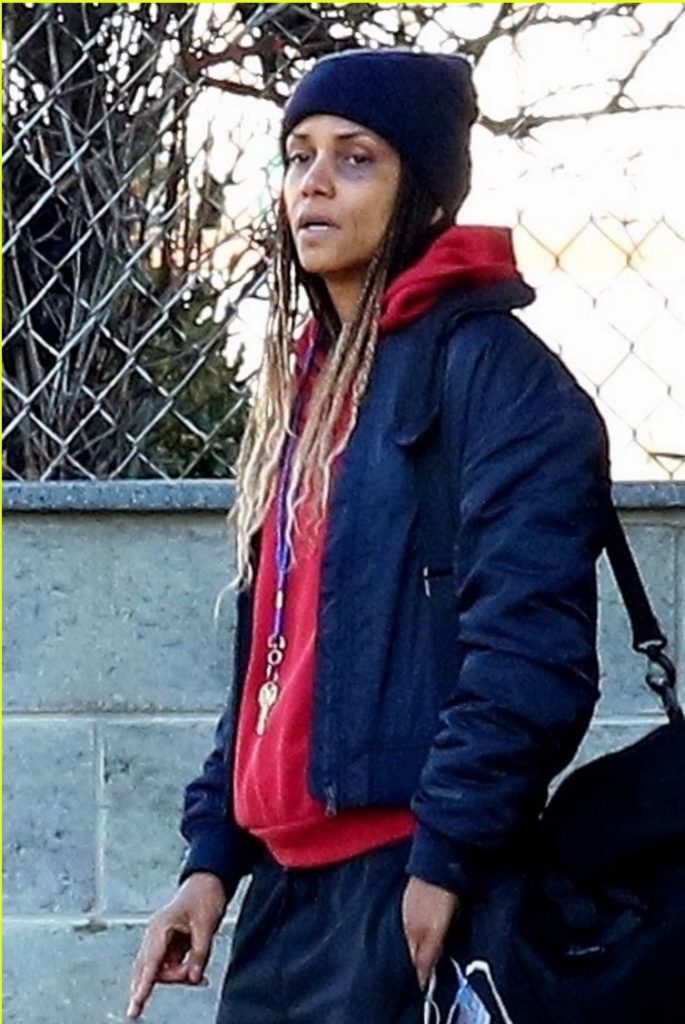
“Bruised” is a tough film to watch, let alone like.
“Bruised” is a 2020 sports drama directed and starring Halle Berry. It also stars Danny Boyd Jr., Adriane Lenox, Adan Canto, Sheila Atim, Shamier Anderson and Bobbi Berroa. It is rated R for pervasive language, some sexual content/nudity and violence and has a run time of 2 hours, 9 minutes. Lynn’s Grade: D. It is in selected theaters Nov. 19 and streaming on Netflix beginning Nov. 24.

Lynn (Zipfel) Venhaus has had a continuous byline in St. Louis metro region publications since 1978. She writes features and news for Belleville News-Democrat and contributes to St. Louis magazine and other publications.
She is a Rotten Tomatoes-approved film critic, currently reviews films for Webster-Kirkwood Times and KTRS Radio, covers entertainment for PopLifeSTL.com and co-hosts podcast PopLifeSTL.com…Presents.
She is a member of Critics Choice Association, where she serves on the women’s and marketing committees; Alliance of Women Film Journalists; and on the board of the St. Louis Film Critics Association. She is a founding and board member of the St. Louis Theater Circle.
She is retired from teaching journalism/media as an adjunct college instructor.


